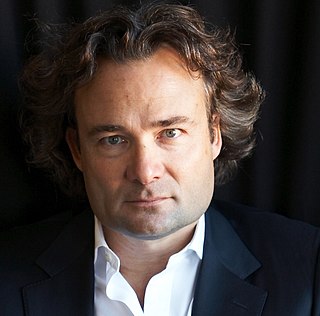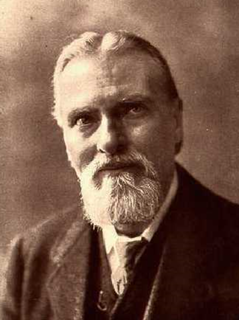A Quote by Ian Mcewan
Now, I'm an atheist. I really don't believe for a moment that our moral sense comes from a god.
Related Quotes
Now we cannot...discover our failure to keep God's law except by trying our very hardest (and then failing). Unless we really try, whatever we say there will always be at the back of our minds the idea that if we try harder next time we shall succeed in being completely good. Thus, in one sense, the road back to God is a road of moral effort, of trying harder and harder. But in another sense it is not trying that is ever going tobring us home. All this trying leads up to the vital moment at which you turn to God and say, "You must do this. I can't.
I'm not saying that atheists can't act morally or have moral knowledge. But when I ascribe virtue to an atheist, it's as a theist who sees the atheist as conforming to objective moral values. The atheist, by contrast, has no such basis for morality. And yet all moral judgments require a basis for morality, some standard of right and wrong.
Yes, I think I use the term radical rather loosely, just for emphasis. If you describe yourself as atheist some people will say, Don't you mean agnostic? I have to reply that I really do mean atheist, I really do not believe that there is a god; in fact, I am convinced that there is not a god (a subtle difference). I see not a shred of evidence to suggest that there is one...etc., etc. It's easier to say that I am a radical atheist, just to signal that I really mean it, have thought about it a great deal and that it's an opinion I hold seriously.
The Romans called the Christians atheists. Why? Well, the Christians had a god of sorts, but it wasn't a real god. They didn't believe in the divinity of apotheosized emperors or Olympian gods. They had a peculiar, different kind of god. So it was very easy to call people who believed in a different kind of god atheists. And that general sense that an atheist is anybody who doesn't believe exactly as I do prevails in our own time.
Faith in ourselves will do everything. I have experienced it in my own life, and am still doing so; and as I grow older that faith is becoming stronger and stronger. He is an atheist who does not believe in himself. The old religions said that he was an atheist who did not believe in God. The new religion says that he is the atheist who does not believe in himself
I believe in believing. My coach John Kavanagh is a big atheist and he is always trying to persuade people to his way of thinking, and I think what a waste of energy. If people want to believe in this god, or that god, that's fine by me, believe away. But I think we can be our own gods. I believe in myself.
I believe in believing. My coach John Kavanagh is a big atheist, and he is always trying to persuade people to his way of thinking, and I think, 'What a waste of energy.' If people want to believe in this god or that god, that's fine by me; believe away. But I think we can be our own gods. I believe in myself.
God doesn't help. I think that's a knockdown argument. I think that it really shows that whatever moral knowledge we have and whatever moral progress we make in our knowledge or whatever progress we make in our moral knowledge is not coming really from religion. It's coming from the very hard work really of moral philosophy, of trying to ground our moral reasonings.
The Vedanta teaches men to have faith in themselves first. As certain religions of the world say that a man who does not believe in a Personal God outside of himself is an atheist, so the Vedanta says, a man who does not believe in himself is an atheist. Not believing in the glory of our own soul is what the Vedanta calls atheism.




































